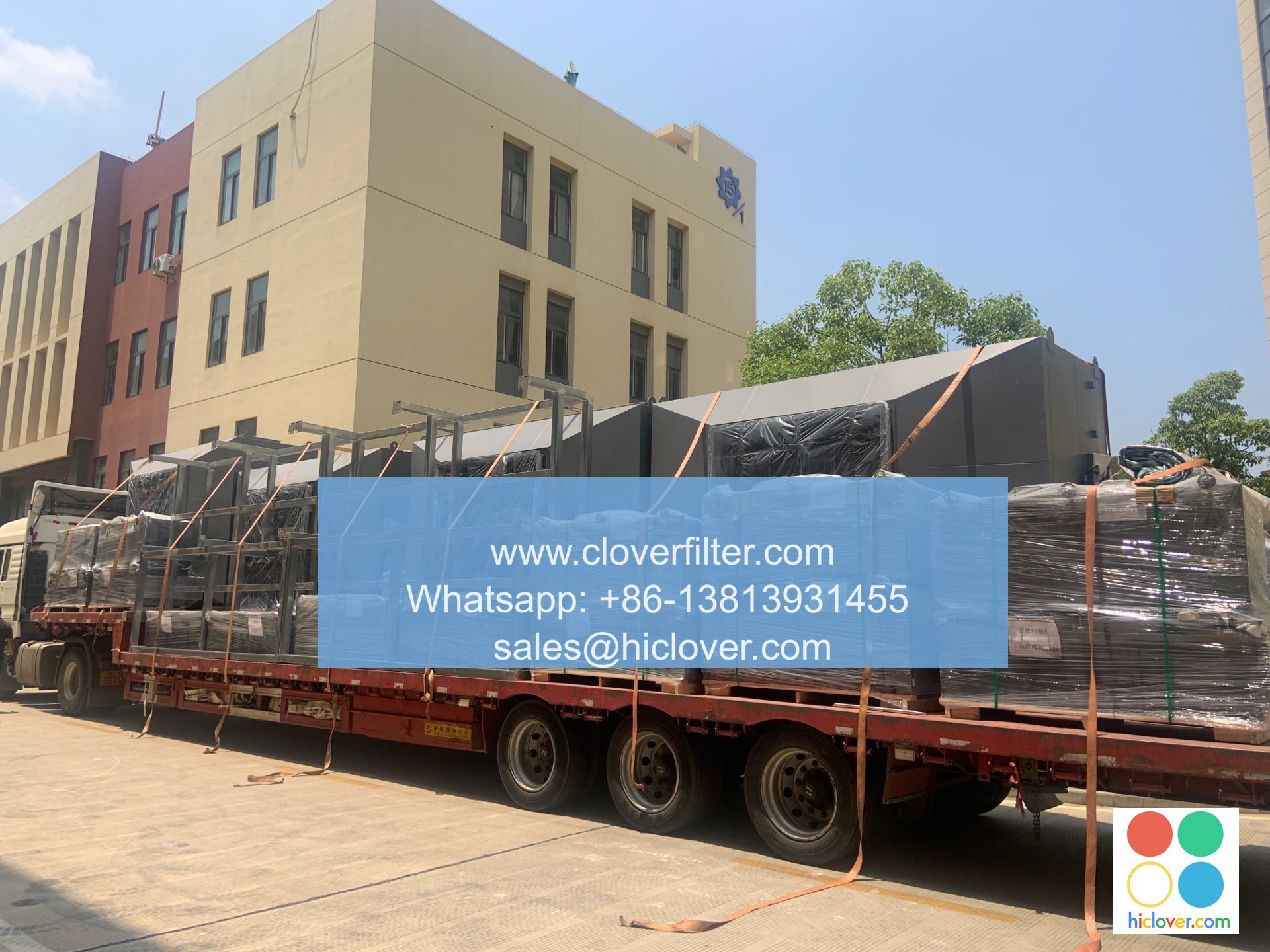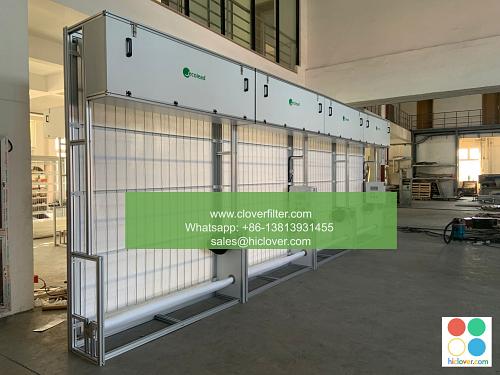The Role of Air Filter Associations in Reducing Air Pollution

Air pollution has become a major concern worldwide, with the World Health Organization (WHO) estimating that approximately 7 million people die prematurely each year due to air pollution. The primary cause of air pollution is the release of pollutants into the atmosphere, which can come from various sources such as industrial activities, vehicle emissions, and natural disasters. To mitigate the effects of air pollution, air filter associations play a crucial role in promoting the use of air filtration systems and providing guidance on the selection and maintenance of air filters.
Introduction to Air Filter Associations
Air filter associations are organizations that bring together manufacturers, suppliers, and users of air filtration systems to promote the use of air filters and provide a platform for sharing knowledge and best practices. These associations often have a broad range of members, including companies that specialize in air filtration systems, research institutions, and government agencies. The primary goal of air filter associations is to reduce air pollution by promoting the use of effective air filtration systems and providing guidance on the selection and maintenance of air filters.
Key Areas of Focus for Air Filter Associations
Air filter associations focus on several key areas to reduce air pollution, including:
* Indoor Air Quality (IAQ): Air filter associations work to promote the use of air filtration systems in buildings and homes to improve indoor air quality. This includes providing guidance on the selection and maintenance of air filters, as well as promoting the use of air filtration systems that are designed to remove pollutants such as particulate matter, volatile organic compounds (VOCs), and nitrogen dioxide (NO2).
* Outdoor Air Quality: Air filter associations also work to promote the use of air filtration systems in outdoor environments, such as in urban areas and near industrial sites. This includes providing guidance on the selection and maintenance of air filters, as well as promoting the use of air filtration systems that are designed to remove pollutants such as particulate matter, ozone (O3), and nitrogen dioxide (NO2).
* Industrial Air Filtration: Air filter associations work with industries such as manufacturing, oil and gas, and mining to promote the use of air filtration systems that are designed to remove pollutants such as particulate matter, VOCs, and hazardous air pollutants (HAPs).
* Transportation Air Filtration: Air filter associations also work with the transportation sector to promote the use of air filtration systems in vehicles, such as cars, buses, and trains. This includes providing guidance on the selection and maintenance of air filters, as well as promoting the use of air filtration systems that are designed to remove pollutants such as particulate matter, VOCs, and NO2.
Application Areas for Air Filter Associations
Air filter associations have a wide range of application areas, including:
* Commercial Buildings: Air filter associations work with building owners and managers to promote the use of air filtration systems in commercial buildings, such as office buildings, shopping centers, and hotels.
* Industrial Facilities: Air filter associations work with industries such as manufacturing, oil and gas, and mining to promote the use of air filtration systems that are designed to remove pollutants such as particulate matter, VOCs, and HAPs.
* Residential Homes: Air filter associations work with homeowners to promote the use of air filtration systems in residential homes, such as HVAC systems and portable air purifiers.
* Transportation Systems: Air filter associations work with the transportation sector to promote the use of air filtration systems in vehicles, such as cars, buses, and trains.
Benefits of Air Filter Associations
The benefits of air filter associations include:
* Improved Indoor Air Quality: Air filter associations promote the use of air filtration systems that are designed to remove pollutants such as particulate matter, VOCs, and NO2, which can improve indoor air quality.
* Reduced Air Pollution: Air filter associations work to reduce air pollution by promoting the use of air filtration systems that are designed to remove pollutants such as particulate matter, O3, and NO2.
* Increased Energy Efficiency: Air filter associations promote the use of air filtration systems that are designed to be energy efficient, which can reduce energy consumption and lower greenhouse gas emissions.
* Cost Savings: Air filter associations promote the use of air filtration systems that are designed to be cost-effective, which can reduce maintenance and operating costs.
Conclusion
In conclusion, air filter associations play a crucial role in reducing air pollution by promoting the use of air filtration systems and providing guidance on the selection and maintenance of air filters. The key areas of focus for air filter associations include indoor air quality, outdoor air quality, industrial air filtration, and transportation air filtration. The application areas for air filter associations include commercial buildings, industrial facilities, residential homes, and transportation systems. The benefits of air filter associations include improved indoor air quality, reduced air pollution, increased energy efficiency, and cost savings. By working together, air filter associations can help to reduce air pollution and promote a healthier and more sustainable environment. It seems like you didn’t include a question or topic for discussion in your prompt. Could you please provide more details or clarify what you would like to talk about?

